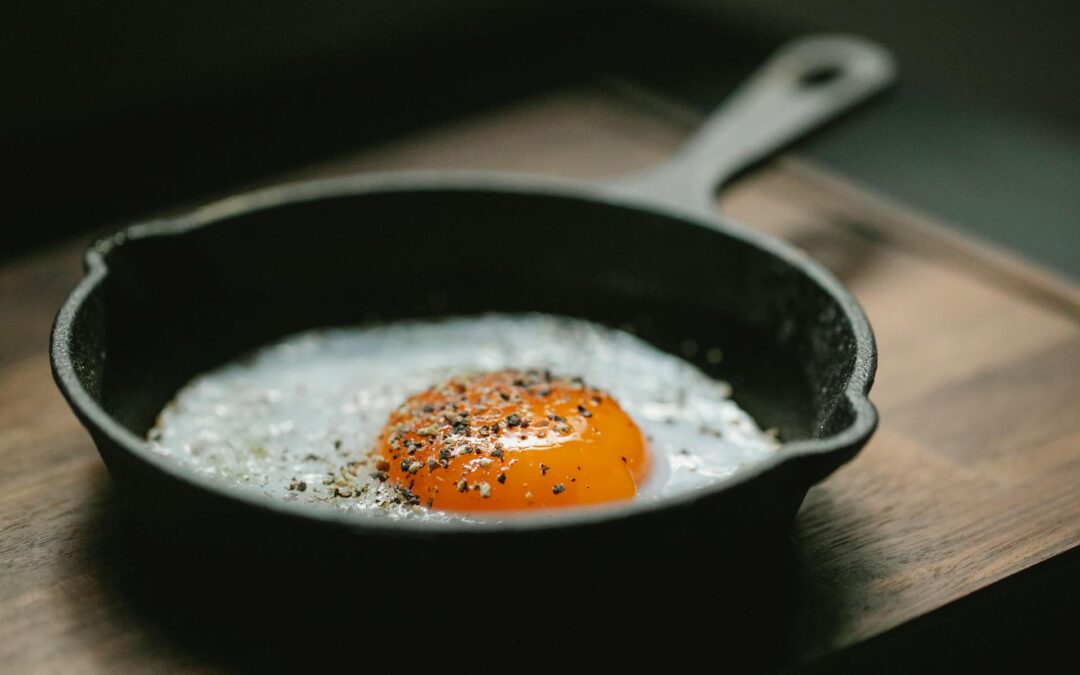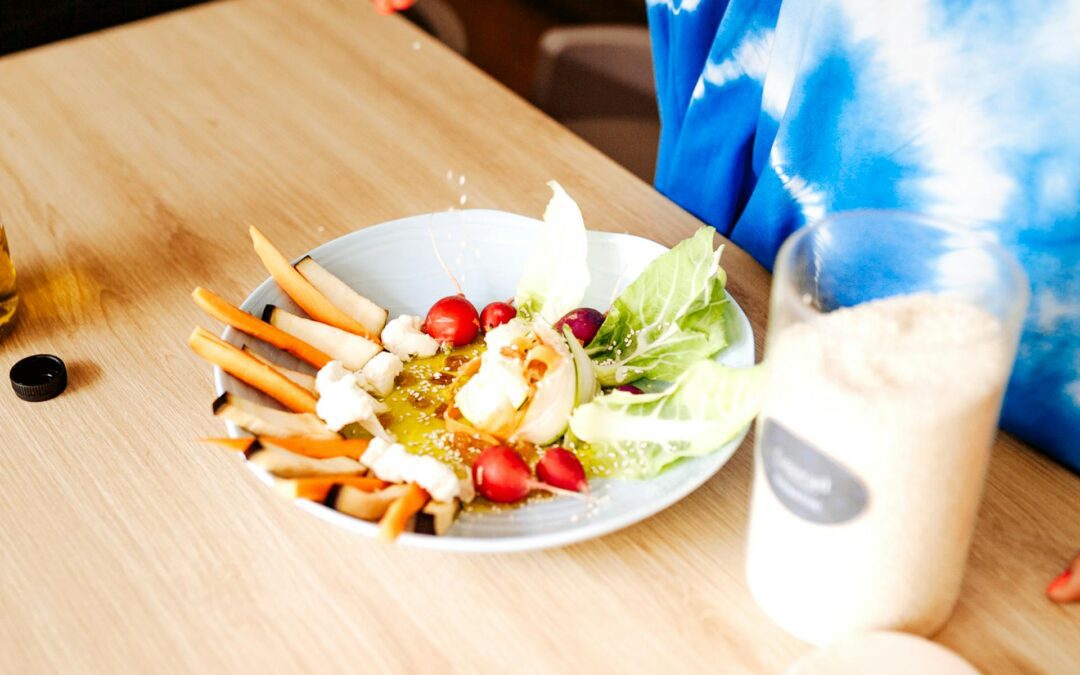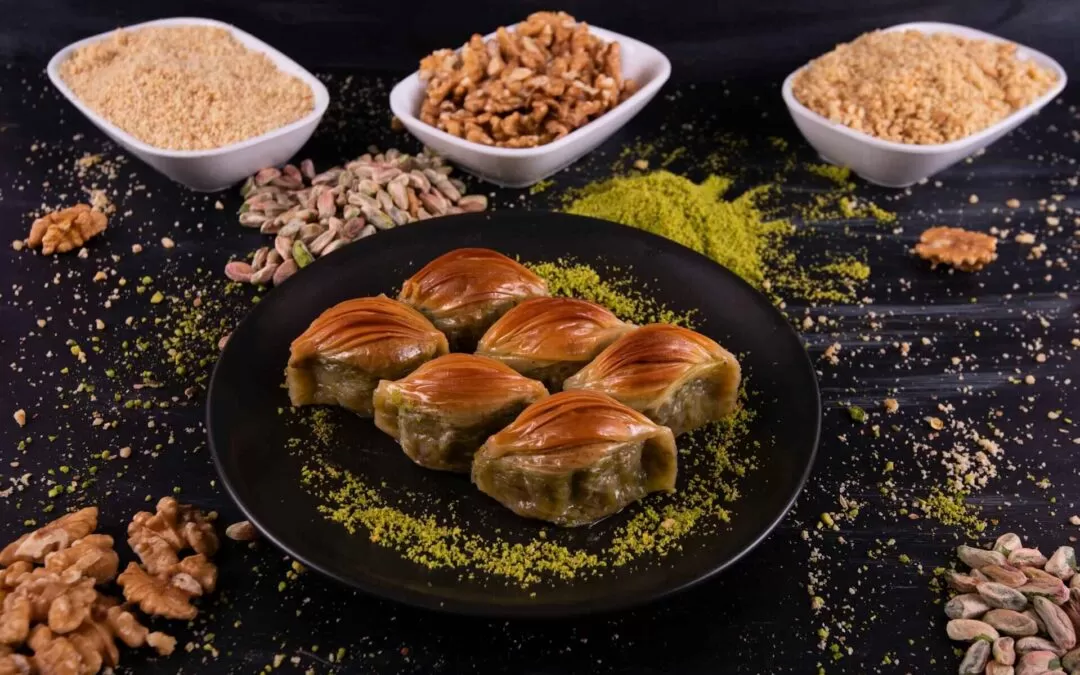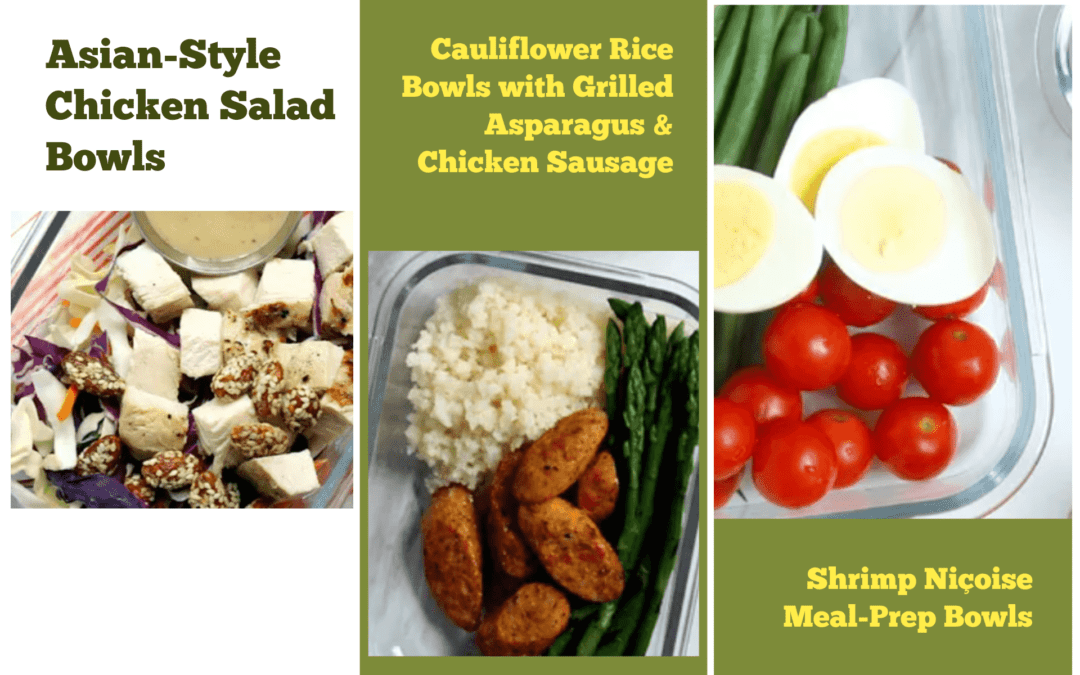Low carb diets have lately gained popularity as a successful strategy to lose weight and improve health.
They often entail avoiding high-carb foods such as refined grains, fruits, starchy vegetables, and legumes in favor of healthy fats and proteins.
However, many individuals are unsure if alcohol may be eaten on a low-carb diet, and advice on the issue can be contradictory.
This article analyzes whether you can or should consume alcohol while following a low carb diet.
Many Types of Alcohol Are High in Carbs
Many forms of alcohol are rich in carbohydrates, with some containing more carbs per serving than soft drinks, sweets, and desserts.
Beer, for example, has a high carbohydrate content since starch is a central component.
It typically includes 3-12 grams of carbohydrates per 12-ounce (355-ml) serving, depending on factors such as the light or typical kind.
Mixed beverages are also frequently high in carbohydrates since sugar, juice, and other high-carb mixers are used to enhance flavor.
For reference, here’s how many carbs several popular alcoholic beverages have:
| Type of alcohol | Serving size | Carb content |
| Regular beer | 12 oz (355 ml) can | 12 grams |
| Margarita | 1 cup (240 ml) | 13 grams |
| Bloody Mary | 1 cup (240 ml) | 10 grams |
| Hard lemonade | 11 oz (325-ml) bottle | 34 grams |
| Daiquiri | 6.8-oz (200 ml) can | 33 grams |
| Whiskey sour | 3.5 fl oz (104 ml) | 14 grams |
| Piña colada | 4.5 fl oz (133 ml) | 32 grams |
| Tequila sunrise | 6.8 oz (200 ml) can | 24 grams |
Alcohol Contains Empty Calories
Alcohol is high in empty calories, which means it includes a lot of calories but no vitamins, minerals, or other critical elements your body needs.
This can cause not just dietary deficits but also weight gain over time.
Alcohol is the second most calorie-dense food after fat, containing seven calories per gram (1).
Adding even a single glass of alcohol to your daily diet can add hundreds of calories while providing little protein, fiber, or minerals.
If you don’t adapt your diet to account for these additional calories, you may gain weight, regardless of how many carbs you consume.
Alcohol Can Slow Down Fat Burning
According to studies, excessive drinking might prevent fat burning and impede weight loss.
This is because when you consume alcohol, your body metabolizes it before using other nutrients as fuel (2).
This can reduce fat burning and allow excess carbohydrates, protein, and fat in your diet to be deposited as fat tissue, resulting in excess body fat (3).
Heavy alcohol use can also reduce fat metabolism and increase fatty acid production, causing triglyceride buildup in the liver. Over time, this results in fatty liver disease.
Not only may this be bad for your waistline, but it can also have significant health ramifications.
Excessive Intake May Be Linked to Weight Gain
Several studies have found that moderate drinking may be connected to a lower risk of weight gain (4, 5).
On the other hand, heavy alcohol use has been consistently linked to weight increase in observational studies.
A research of 49,324 women indicated that heavy drinkers who consumed at least two drinks per day were more likely to acquire weight than non-drinkers (6).
Another research of over 15,000 males found that greater alcohol use was related to a higher risk of weight gain over 24 years (7).
As a result, whether you’re following a low-carb diet or not, it’s preferable to consume alcohol in moderation, which is defined as one drink per day for women and two drinks per day for men (8).
Low Carb Options Are Available
Specific forms of alcohol can be used in moderation while adhering to a low-carb diet.
For example, wine and mild beer have just 3-4 grams of carbohydrates per serving.
Meanwhile, pure liquors such as rum, whiskey, gin, and vodka contain no carbohydrates.
To add taste to these beverages while keeping carbs in line, replace sugary sweeteners with low-carb alternatives such as diet Coke or sugar-free tonic water.
Here are a few varieties of alcohol that are low in carbohydrates and can fit into your low-carb diet when eaten in moderation.
| Type of alcohol | Serving size | Carb content |
| Light beer | 12 fl oz (355 ml) | 3 grams |
| Red wine | 5 fl oz (148 ml) | 3–4 grams |
| White wine | 5 fl oz (148 ml) | 3–4 grams |
| Rum | 1.5 fl oz (44 ml) | 0 grams |
| Daiquiri | 6.8-oz (200 ml) can | 33 grams |
| Whiskey sour | 3.5 fl oz (104 ml) | 14 grams |
| Piña colada | 4.5 fl oz (133 ml) | 32 grams |
| Tequila sunrise | 6.8 oz (200 ml) can | 24 grams |
The Bottom Line
Certain varieties of alcohol are low carb or carb-free, making them suitable for a low-carb diet.
These include light beer, wine, and pure spirits like whiskey, gin, and vodka.
However, it is better to limit your intake to 1-2 glasses daily since excessive use may inhibit fat burning and lead to weight gain.







0 Comments